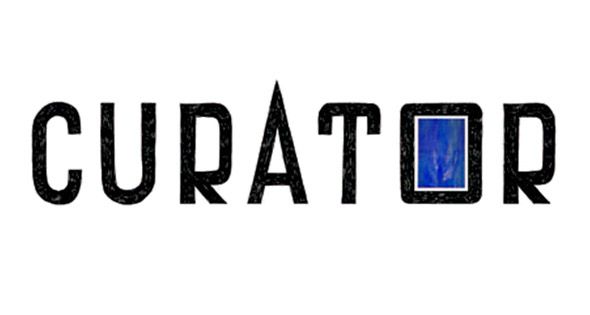…
DONATE HERE…
Natalie Race, now Natalie Whitaker, emailed me last August asking if I’d like to be “more involved” with The Curator, and I said, “I’m interested!” I had written two essays for The Curator and appreciated its ethos.
Two weeks later, after Natalie had clarified that she meant, “Would you like to be the editor?” I sent a fuller response that began, “One danger I see is that The Curator might be kind of boring. People of whatever faith creed finding good things in culture and talking about them just isn’t captivating to me, and I bet it isn’t captivating to others. I would probably take a kind of cantankerous editorial position.” After assuming the role I’m pretty sure I drove off several of the writers who’d been contributing. Anything but laid-back, not the best communicator, I felt like an ass and tried to resign. The Curator staff resisted; a couple months later, I tried again. Still, nothing.
The problem I’ve had and continue to have is that we (upper-middle-class, educated Westerners, for the most part) are a self-celebrating lot. We click “like” on each other, whether by private flattery or public review, and expect to be “liked” back. As a result we churn out culture that’s less threatening, less offensive and cutting, producing about one Allen Ginsberg for every 99 Anne Lamotts—one Nick Cave for every multitude of Mumfords. We’re less inclined to walk away from bullshit than we are to rationalize it, frame it in acceptable terms. We dismiss criticism as negativism. Faced with failure, we specialize. We love to admire beauty but don’t get around to discussing death. We don’t traffic in horror, the gnarly terror of the grave.
As far as I can tell, such conservatism is the opposite of what a Christian arts journal, or a Christian anything at all, should be about in this world. Because this is a world of deviltry and silliness, closer to Bunyan’s Vanity Fair and Lewis’s Narnia—one in which only bourgeois comfortableness can give rise to hundreds of best-selling memoirs. It’s a world of distorted values, too: We’re all Cake Boss when we ought to be The Wire. We’re Game of Thrones when we should be Gulag Archipelago. Thankfully we begin at a point of grace so radical it can say, “Forgive them, for they known not what they do.” Thankfully our lives are shot through with blessing so rich we can hardly begin to understand it.
So The Curator has had me, unfortunately and fortunately, as its graceless and often overly attentive editor for the past ten months. Yet I’m incredibly drawn to the core mission as stated by our founding editor Alissa Wilkinson, “to help create the world that ought to be.” I want to do this, want to find this place street by street, house by house, song by song. It’s not possible to create that place, though, if we can’t face this place. I’ve been thrilled, to that end, to have published new essays by Adam Joyce (“The Physics of Worship w/r/t DFW; “Wither Trickster”), Nathan Chang (“We Need To Talk About Mumford”), Brendan O’Donnell (“Dispatch from Idaho”), Josh Stevenson (“Fed with the Burger of Tears”), Lindsey Bright (“Life Without Water in Lumberton, NM”), Kristen Gaylord (“Stuff Christian College Kids Don’t Like”), Lyla Lindquist (“Forensics”), and Stef Russell (“The Legendary Sound”) and creative nonfiction writers like Luke Irwin (“Starbucks Lifestyle: A Poetic Reflection”) and L.L. Barkat (“Writing the Number of Meaning”). The common threads in these essays are that they’re unafraid to deal with difficult topics and that they’re obsessed with particulars. I’d love to keep pushing in this direction—creating the world that ought to be while fearlessly calling into question the one we currently inhabit.
If this is a worthy goal to you, would you consider contributing to our effort? It’s not a mission just to make The Curator better but to challenge our own assumptions about what’s appropriate for Christian journals in general. Can we be as cutting and playful as The Rumpus? Can we be as intelligent and unabashedly ironic as The Believer? I hope so, but even more than that I hope we can continue to create our own space with the terrific staff writers and contributors we already have. I’d like to keep embracing a sense of kingdom that is both divine and imaginative. I’d like us to grow, to flourish, in this direction, to give our particular sensibilities to the mission stated by Alissa Wilkinson in 2008. As far as I can tell, the only way to do that is to grow.
Aaron Belz,
Editor-in-chief
…
DONATE HERE
…

